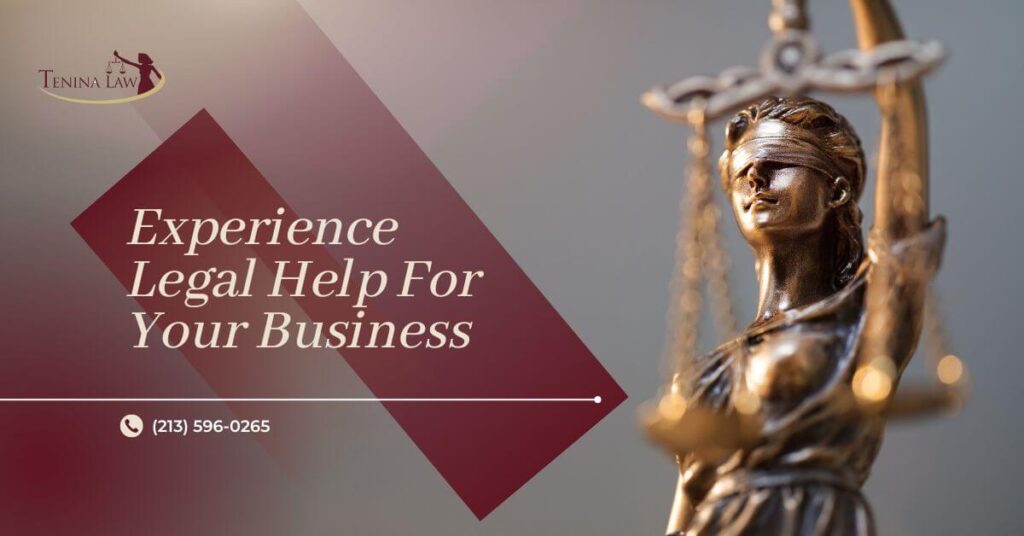
Basics of Bankruptcy & Tax Debt
The federal bankruptcy laws can protect you from creditors and relieve you of many debts. Tax debt is handled differently than other types.
Taxes are often referred to as “non-dischargeable priority debts” in bankruptcy. This means that bankruptcy will not eliminate the debt, and repayment takes precedence over claims from other creditors. Taxes can sometimes be considered “dischargeable” debts that can be eliminated by filing for bankruptcy.
BOOK A FREE CONSULTATION NOW!
Conditions for the Discharge of Tax Debt
It must be an income tax debt. Unpaid federal and State income taxes would be included, but not back payroll taxes, such as Social Security and Medicare.
The tax debt must not be recent, usually no more than three years. The original tax return is due three years prior to the date of bankruptcy.
You must also have submitted a valid tax report to cover the debt two years prior to filing bankruptcy. The return must also have been filed on time. The return must have been filed on time, even if you received an extension and requested one.
The IRS is required to have recorded the debt in its books, or assessed it, at least 240 calendar days prior to the bankruptcy filing. The IRS may not have assessed the debt, but this requirement can still be met.
The 240-Day Time
The limit could be extended if the IRS assessed the debt but then stopped collecting it due to a bankruptcy filing or another cause. This would make it harder to discharge the debt.
If you filed a fraudulent tax return or tried to evade paying taxes, bankruptcy will not protect you. You must have done your taxes honestly, according to the rules. Know that bankruptcy laws vary by jurisdiction. Local rules may have additional requirements.
It is vital, but not the last, that the taxing authority (usually the IRS) hasn’t filed tax liens against your assets. A bankruptcy filing won’t lift a lien if it has already been filed. It is important to pay extra attention to this obstacle and give it a clear definition.

A Quick Look: Conditions for the Discharge of Tax Debt
In order to discharge tax debts through bankruptcy, you must meet these conditions:
- This must be a tax debt
- The debt must be at least three years old
- Two years prior to filing bankruptcy, you must have filed an accurate tax return.
- The IRS must have assessed the debt at least 244 days before you declare bankruptcy.
- No tax fraud or evasion is allowed.
- IRS has not filed a tax lien against your assets
BOOK A FREE CONSULTATION NOW!
Can You Discharge a Federal Tax Lien?
Tax liens are legal claims against your property, while a tax liability is money you owe to the taxing authority. A lien can be placed against all of your property including personal belongings and real estate.
A tax lien is not released by bankruptcy. The IRS or another taxing authority may still claim your property, even if you file for bankruptcy.
Once you’ve filed for bankruptcy, however, the IRS cannot continue to try and collect on a dischargeable debt, even though a lien may be in place. The IRS cannot garnish your wages or take money from your bank account to pay the tax debt. The tax lien will not affect your ability to live in the home. When you sell your home, however, the tax lien must be paid from the proceeds.
The Best Bankruptcies for Tax Debt
The federal bankruptcy code provides a number of options for releasing tax debt. These include Chapter 7 and 13 which are for the majority of individuals, Chapter 12 (for family farms, fishing operations, and family businesses), and chapter 11 which is for larger debts and business.
The IRS states that Chapter 13 bankruptcy is the most popular type of personal bankruptcy when it comes to tax debt. The Chapter 13 bankruptcy (also known as a Reorganization bankruptcy) involves making agreements with creditors over a three- to five-year period to pay back debts. A Chapter 7 bankruptcy, on the other hand, wipes out most debts and they do not have to be paid back.
If a Chapter 13 filing is successful, any tax debts older than three years at the time the filing was made will be discharged. During the payoff phase, the taxpayer is required to file all due returns and pay any new income tax.
In certain circumstances, penalties and interest may be discharged by filing a Chapter 13 petition. The interest on dischargeable taxes will also be erased. If the penalty is older than three years, it can be discharged.

BOOK A FREE CONSULTATION NOW!
In a Chapter 7 Bankruptcy
The debtor will sell off the majority of assets and give the proceeds to the creditors. Chapter 7 can still discharge eligible debts if there are no or insufficient assets to pay creditors. Creditors receive nothing if the debts are not paid. The IRS states that tax debts are dischargeable by Chapter 7 bankruptcy if the IRS has confirmed they have been outstanding for at least three years and the taxpayer filed returns during the previous four tax periods.
Strategies for Tax Debt Bankruptcy
To eliminate tax debts through bankruptcy, patience, and timing are key. Waiting until after the three-year mark to file bankruptcy is a crucial part of filing successfully.
Also, you need to know the IRS records about the timing. Request transcripts from the IRS. These documents contain dates that will let you know if it is too early to declare bankruptcy in order to pay off your tax debt.
Make sure that the lien you have is valid if it is preventing you from eliminating your tax debt via bankruptcy. The lien paperwork, in order to be valid, must include the correct name of the taxpayer, as well as the year and amount of the debt. Taxing authorities must also have filed the lien at the correct office. This varies from state to state.
A Defective Lien Can Be Invalid, and Will Not Prevent a Bankruptcy
Chapter 13 could be an option if Chapter 7 does not seem to be the best strategy for eliminating your tax debt. This method requires you to make payments over a period of three to five years, but it also offers the opportunity to discharge some debt.
Tax debt Alternatives to Bankruptcy
Tax debt is not the only way to deal with it. IRS may set up a plan that allows a taxpayer who is delinquent to pay their debts in installments. An IRS payment plan may be a better option than Chapter 13 if your main debt is tax debt. It will also save you legal fees.
You may be able to pay your tax debt using an installment plan if you are unable to do so. Instead, you could use the IRS “offer in compromise” program. The IRS forgives the balance if you are eligible. You can’t offer a compromise if you have filed for bankruptcy.
Bottom Line
Some taxes are able to be discharged through bankruptcy. Chapter 7 and Chapter 13 bankruptcy can discharge income taxes due over three years ago.
The filing of a bankruptcy will not lift any tax liens placed by the tax collectors on your assets. However, it will stop them from trying to collect debts through garnishing wages or tapping your bank accounts.
Don’t let debt hold you back any longer. Contact Tenina Law today to schedule a consultation and take the first step toward a brighter financial future.








[…] may have some questions as the tax season approaches. For example, you might be wondering who is responsible for filing tax returns or […]
[…] the intricacies behind bankruptcy can be difficult for anyone who finds themselves in a similar situation. Although many people fear […]